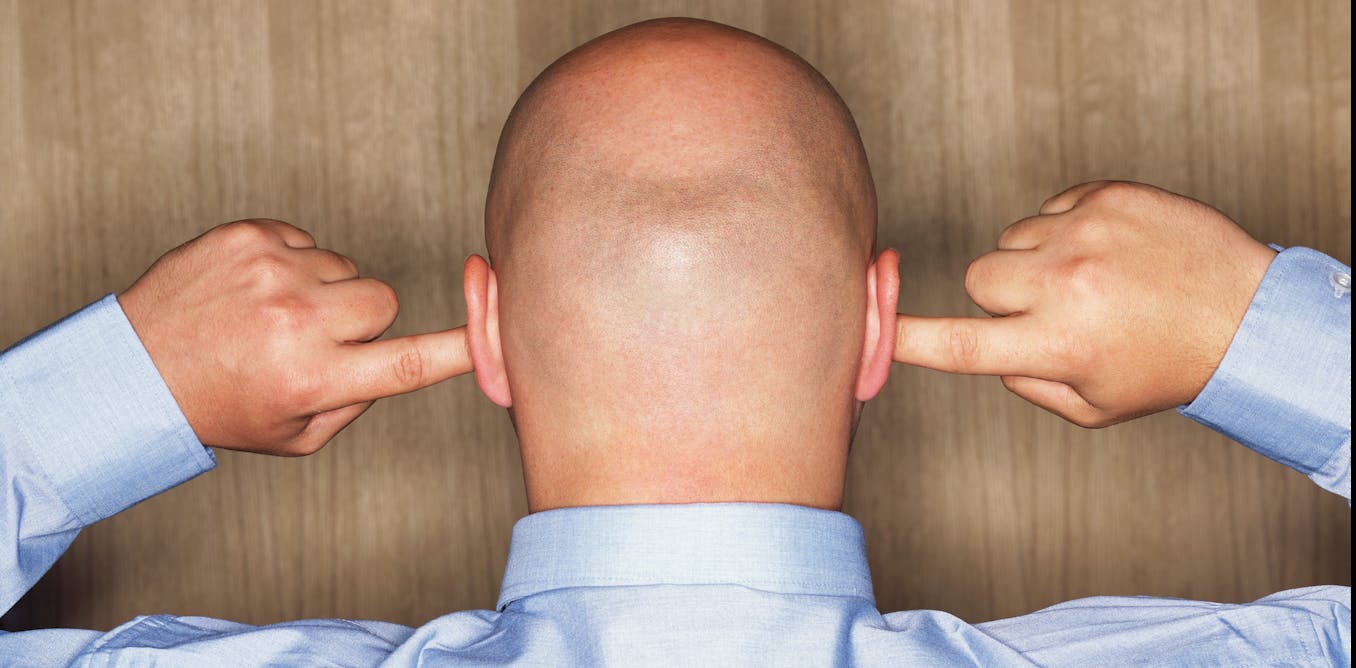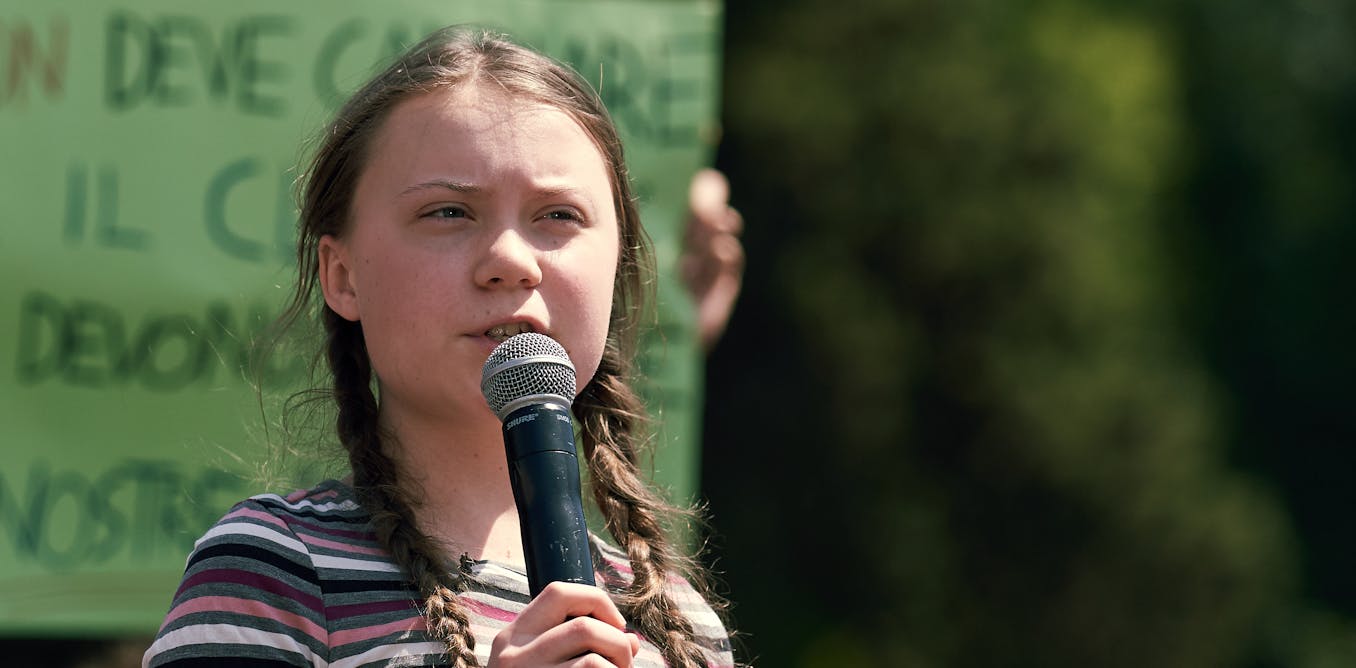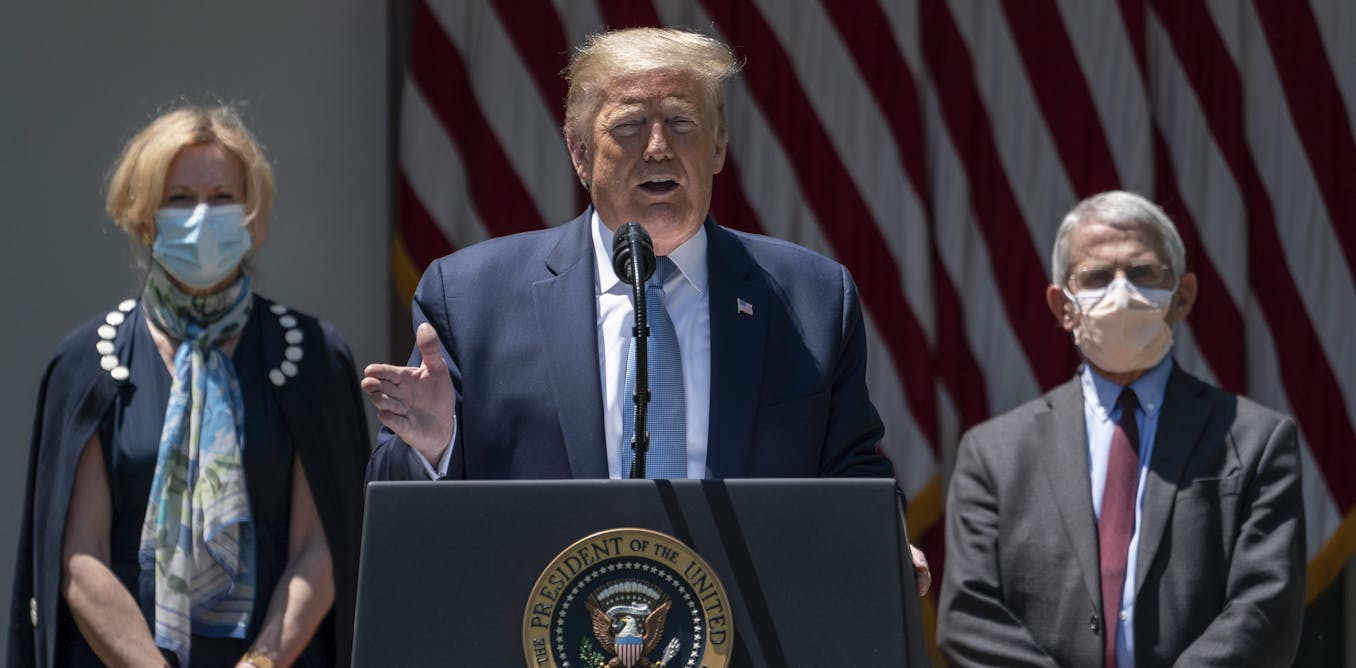Cognitive biases and brain biology help explain why facts don’t change minds
Here are some reasons for the natural human tendency to avoid or reject new information that runs counter to what you already know – and some tips on how to do better.
Aug. 11, 2022 • ~8 min






